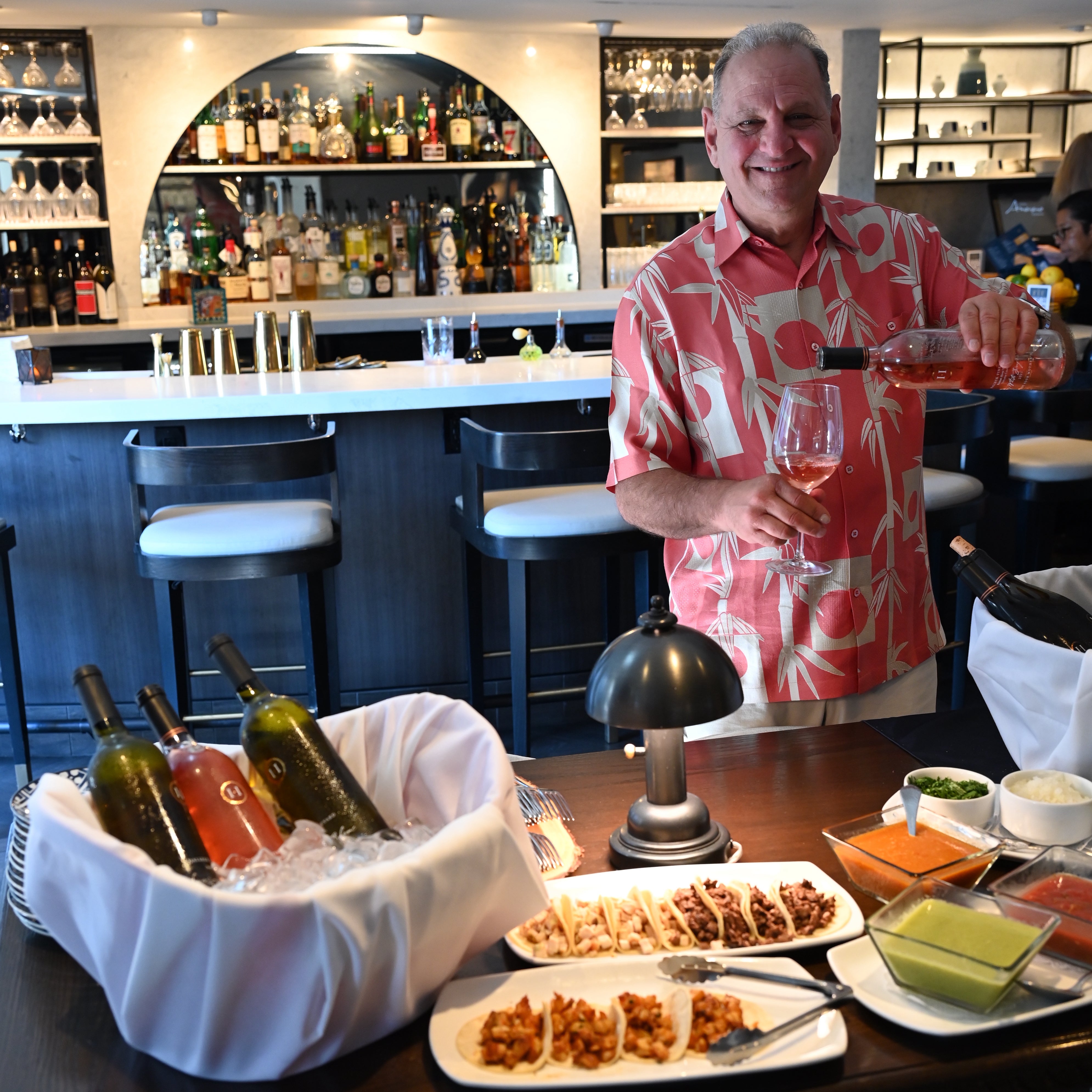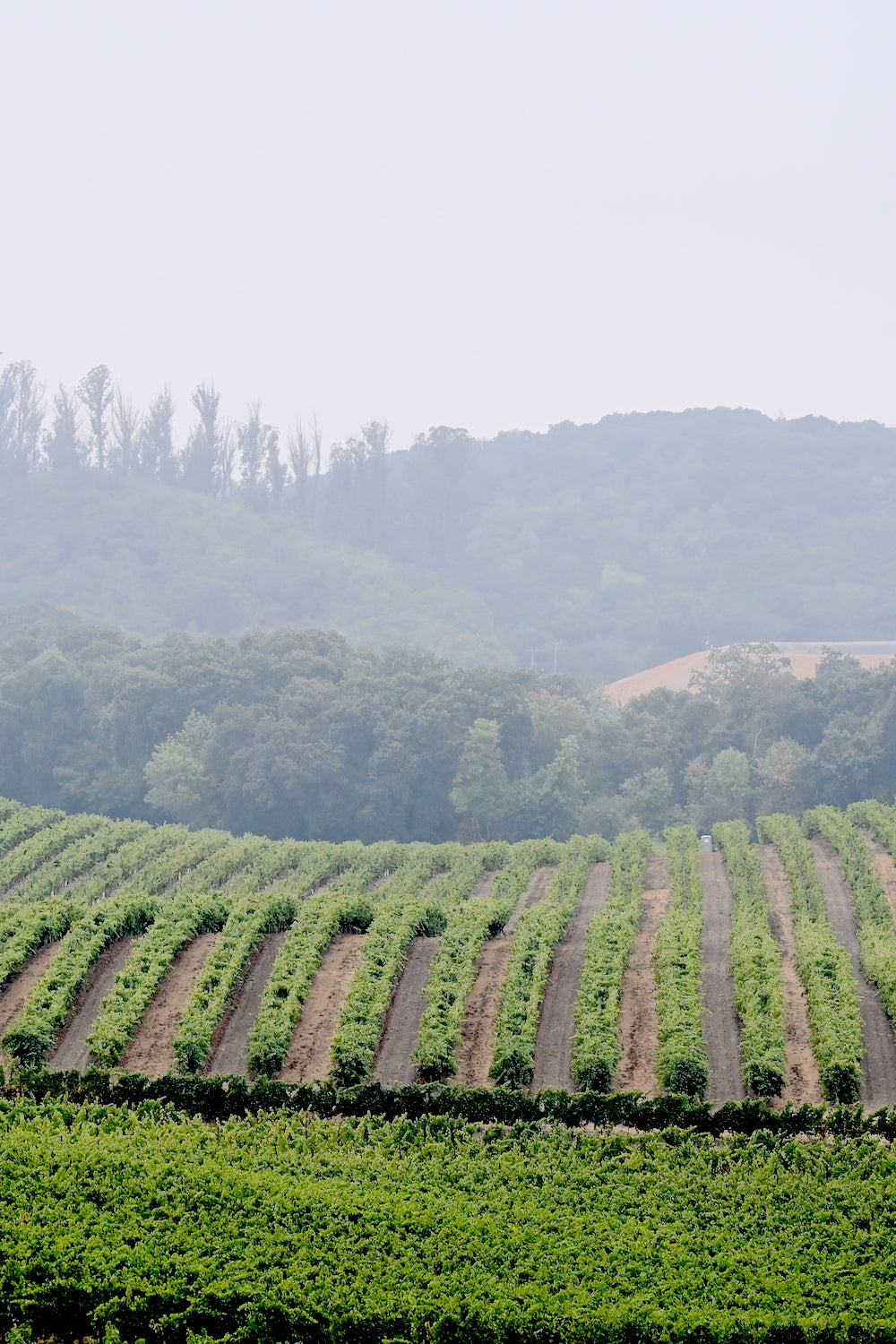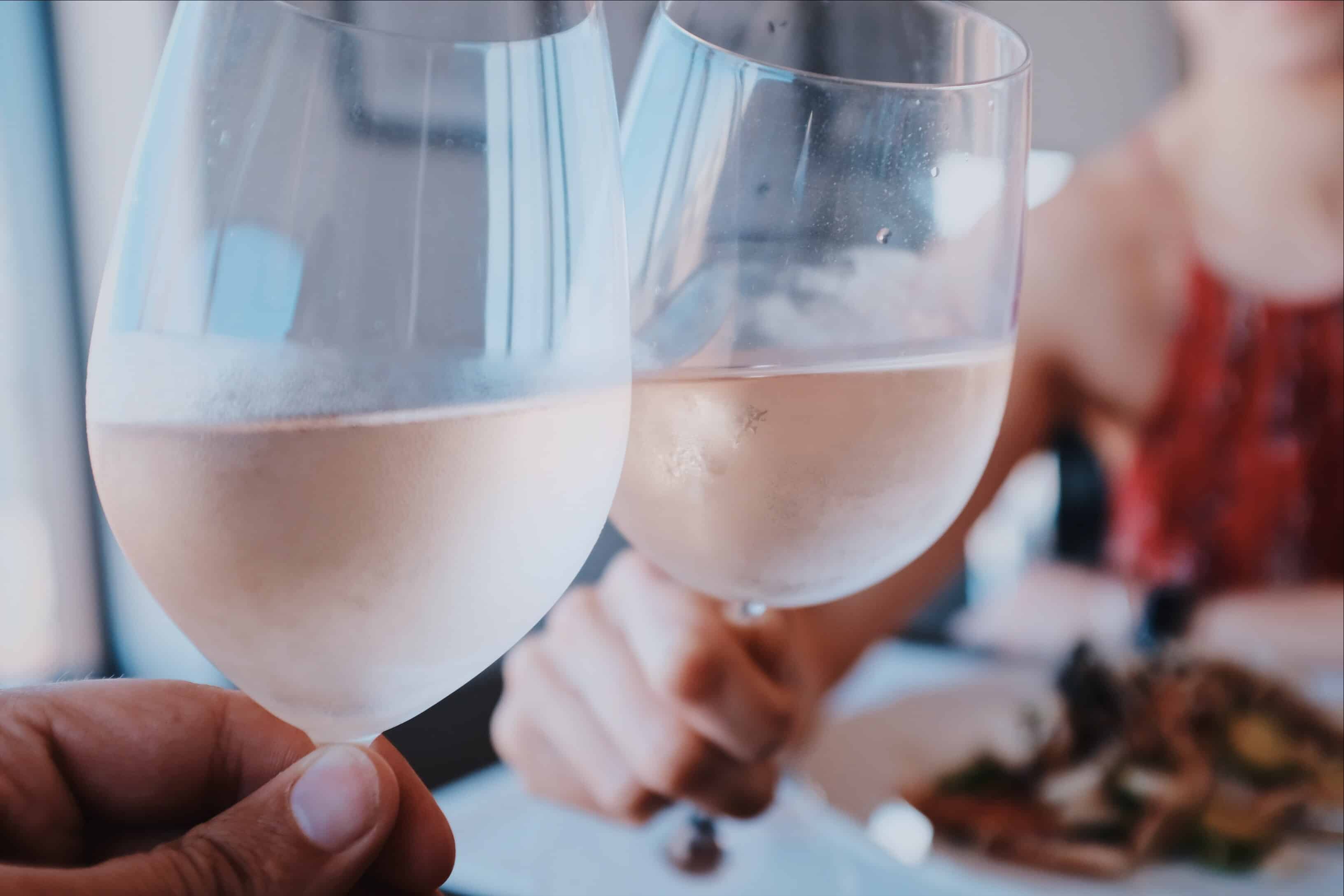Family-Friendly Wineries in Sebastopol 95403
Family-Friendly Wineries in Sebastopol 95403
Blog Article
Sustainable Wine Tasting Experiences in The Russian River Valley
Wine tasting is an art that requires greater than only a keen sense of taste. Participating with completely different varieties and styles provides a chance to understand the subtleties of flavor, aroma, and texture. A complete guide to winery wine tasting techniques will equip enthusiasts with the required skills and knowledge to enhance the tasting experience.
Understanding the basics of wine tasting begins with familiarity with the key parts. The major parts contributing to flavor are sweetness, acidity, tannin, and alcohol - Explore Charming Wineries in California's Wine Country. Every wine has its distinctive stability, influenced by the grape selection, area, and vinification process. Recognizing these parts allows a taster to appreciate the complexity in every sip.

Visible examination is the primary step in the tasting process. Swirling the wine in a glass oxygenates it, bringing out the aromas that are crucial to understanding the wine's essence. Observing colours starting from deep purple to pale straw offers perception into the wine's age and variety. The clarity and brilliance of the wine also supply clues about its high quality.
Next, the olfactory experience takes priority. The nose is commonly thought-about probably the most essential part of tasting. Constructing an awareness of widespread aromas can be useful. Fruits, flowers, spices, and earthy notes are often present. Taking time to inhale deeply earlier than tasting allows for a more profound appreciation of a wine's bouquet.
Wine Making Process of California Wine 95403
When it comes to tasting, the strategy should be deliberate and thoughtful. Small sips are advisable, permitting the wine to linger within the mouth. This technique permits the taster to discern the complicated layers of flavors. Noting the preliminary taste, the mid-palate, and the end contributes to an entire understanding of the wine’s profile.
One Other crucial aspect of wine tasting is the understanding of balance and structure. A well-balanced wine presents harmonious flavors where no single factor overwhelms the others. Analyzing how acidity interacts with sweetness and tannins will assist in assessing the general composition of the wine.
Wines can vary considerably from one vintage to a different due to environmental components, which makes understanding the idea of terroir important. Terroir refers to the geographical and climatic conditions, as well as the winemaking practices that affect the ultimate product. This relationship between the land and the wine can influence its flavor spectrum dramatically.
Explore top Vineyards in the Russian River Valley for Amazing Wine Tasting Experiences
Pairing wine with food can enhance the tasting experience considerably. Certain wines complement particular dishes, which may elevate both the food and the wine. Understanding flavor profiles will allow enthusiasts to create thrilling pairings. For example, a wealthy red wine may pair superbly with a hearty meat dish, whereas a crisp white might improve the style of seafood. Explore Scenic Wineries in Sonoma's Wine Country.
Participating in guided tastings can also provide valuable insights. Many wineries offer professional-led tastings, where experienced sommeliers share their experience. Participating with educated hosts permits for a deeper understanding of the wines and provides the prospect to ask questions and trade perspectives.
Documentation during tastings can serve as a useful software. Maintaining notes on the wines sampled, along with personal impressions, enhances the tasting journey. This record helps in recalling what one enjoyed or didn't take pleasure in, creating a private roadmap for future wine exploration. Tasting sheets are often used as a structured way to seize this data.
Attending wine-focused events, corresponding to festivals or expos, creates a chance to discover an enormous range of wines and meet fellow enthusiasts. Networking with trade professionals and passionate hobbyists can result in sharing insights and increasing one’s palate. The festive ambiance enhances the communal side of wine appreciation.
What to Expect at Outdoor Wine Tastings in California
As one turns into more experienced in wine tasting, it becomes essential to develop personal preferences. Exploring wines from various regions, grape varieties, and styles can lead to shocking discoveries. It’s essential to stay open-minded and keen to strive new choices, even when they fall outdoors of previous preferences.
Finally, the enjoyment of wine tasting lies in its capability to stimulate the senses and provoke thought. Each tasting presents a personal journey via taste and experience that's as unique as the individuals collaborating in it. Embracing the great guide to winery wine tasting techniques paves the finest way for a richer appreciation of what wine has to supply.
In conclusion, wine tasting is rather more than an train in discerning flavors. It is an immersive experience that connects click here to find out more people to the land, the winemakers, and the tales behind each bottle. By training the techniques outlined in this guide, anyone can cultivate a newfound appreciation for wine, transforming each sip into an exploration of style, aroma, and private desire.

- Begin by observing the wine’s look; tilt the glass to evaluate readability, colour intensity, and viscosity as these components can point out the wine's age and physique.
- Swirl the wine gently in the glass to release its aromatic compounds, enhancing the olfactory experience.
- Take a moment to inhale the aromas before tasting; note the complexity and the primary scent categories such as fruity, earthy, floral, or spicy.
- When tasting, enable a small quantity of wine to cover your palate, ensuring to be aware of the preliminary style, mid-palate flavors, and end to judge its construction.
- Pay attention to the tannins present; they'll have an result on the texture and mouthfeel, giving insights into the wine's growing older potential.
- Think About the acidity degree, which may provide freshness to the wine, balancing sweetness and enhancing food pairings.
- Use a scorecard or journal to jot down observations about every wine, together with flavors, aromas, and personal impressions to check later.
- Experiment with food pairings during tastings, as this will significantly enhance or change the notion of the wine’s flavor profile.
- Have Interaction in discussions with fellow tasters to share views, which can broaden the appreciation and understanding of different wines.
- Remember to hydrate and devour palate cleansers like bread or water between tastings to make sure an accurate experience of every wine.undefinedWhat are the fundamental steps involved in wine tasting?
Immersive Wine Experiences: What to Expect at Sonoma Wineries 95472
The fundamental steps of wine tasting embody observing the wine's shade and readability, swirling it to launch its aromas, sniffing to determine totally different scents, sipping to evaluate flavors, and eventually, evaluating the finish. This process permits taster's to understand the wine's general complexity and quality.

How do I correctly smell wine?
Winery Experiences in Sonoma for Couples.
To correctly odor wine, follow these steps: first, maintain the glass on the base, swirl it gently to aerate, then convey it to your nose. Take a number of short sniffs to seize the initial fragrances, adopted by a deeper inhale to discover the more complex aromas. Focus on figuring out specific scents like fruits, spices, and other descriptors.
Best Tasting Experiences in Sebastopol 95404
What should I look for when tasting wine?
When tasting wine, look for a quantity of key elements: appearance (color and clarity), aroma (fruits, herbs, and spices), flavor (sweetness, acidity, tannins), and texture (body and mouthfeel). Additionally, think about the wine's finish, which is the lingering taste after swallowing. All these parts contribute to the wine's overall profile.
How do I know if a wine is good quality?
Good quality wine typically has stability amongst its parts, that means that acidity, tannins, sweetness, and alcohol work harmoniously collectively. Look for complexity in flavors and aromas and an extended, pleasant finish. Quality wines additionally usually exhibit distinct traits reflecting their varietal and region.
Must-Visit Tasting Rooms in California
Is it important to use specific glassware for wine tasting?
Yes, utilizing particular glassware enhances the wine tasting experience. Acceptable glasses can affect the aroma and flavor perception. For example, a Bordeaux glass is designed to enhance full-bodied purple wines by allowing oxygen to work together with them, whereas a narrower flute is good for glowing wines to protect carbonation.
Experience Exceptional Chardonnay and Pinot Noir from Sonoma
How can I improve my wine tasting skills?
To enhance your wine tasting skills, practice regularly, attend tastings to study from consultants, and keep a tasting journal to notice your observations. Experiment with different varietals and styles, and engage with wine communities or golf equipment for shared experiences and knowledge.
Special Wine Tasting Events in Sonoma County
What are some widespread wine tasting mistakes to avoid?
Frequent wine tasting mistakes include not correctly cleaning your palate between wines, serving wines at incorrect temperatures, and overlooking the importance of the glass form. Additionally, being overly influenced by others' opinions can cloud your individual tasting experience; at all times trust your personal palate.
Should I pair food with wine throughout tastings?
Pairing food with wine can enrich the tasting experience by highlighting particular website here flavors and aromas in both the wine and the food. It Is advisable to taste wines each with and without food to grasp how they work together. Experiment with completely different pairings to find your preferences.
Traveler's Guide to Tasting the Wines of Sebastopol 95468
What ought to I do if I don’t like a wine?
If you do not like a wine, it's completely okay to specific your opinion. Wine tasting is subjective, and private preference varies greatly. As A Substitute of forcing your self to enjoy it, consider analyzing what features you dislike—this might help refine your palate and guide future choices.
Am I Able To style wines at a winery without making a reservation?
Whereas some wineries supply walk-in tastings, many require reservations, especially on weekends or throughout peak seasons. It’s greatest to check forward with the winery for his or her policies on tastings to make sure a clean experience. Reservations additionally let you have a more personalized and academic visit. Report this page